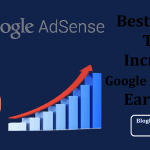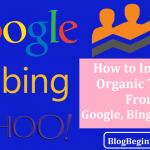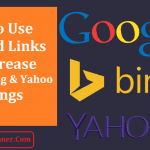Search engine optimization (SEO) is one such complicated yet effective terms that can change and shape businesses within no time!
Although digital marketing has evolved gradually in the past few years, there is no single way one can understand it totally!
It’s so wide and flexible that you will end up learning and learning. But, today we are going to discuss 2 major concepts of SEO that includes indexing and crawling.
Well, these are a few of those words on which the whole fundamental system stands.
What are they?
How they work and how are they different from one another?
Let’s find out!
The two significant terms Crawling and Indexing, are largely interrelated. While some experts state that indexing goes on first followed by crawling, others suggest the vice versa is more effective.
Whatever be the sequence, one cannot work effectively without the existence of other.
Contents In Page
Here is how both can be explained in very simple terms!
- Crawling– it is when the Google visits upon your website in order to perform some tracks. Google has a tool called spider crawler or tools like “GoogleBot” which does this task.
- Indexing- after the crawling process is done, all the results that mean your webpage or website results are put upon Google’s index list, which is the web search.
As per experts, platforms, and critiques, the definition and technical understanding truly differ.
But this is all internet Crawling and Indexing is all about! It is like Google auditing you and your content and then letting you enter within the world full of competition on the digital, global search.
Here is a little deep understanding of both the concepts!
- Crawling:
It is the term where everything begins. Google makes the use of web crawlers so as to discover the data and information publicly.
Its crawlers go around the whole World Wide Web to figure out the essential information contained on them.
The best web pages are evaluated so that the crawler can conduct a good query about various websites and web pages.
And how do the crawlers go?
Well, they follow a significant path based upon website links. All the links are usually bound together and therefore, the crawlers can go one after the other easily, with the help of such links and interconnection.
Links not just connect all the pages with one another creating ease for readers, however, they provide the crawlers with a simplistic path to follow up.
However, it depends upon the computer programs that determine the sites to be visited, how often and how many of their pages must be fetched from every site.
- Indexing:
When we visualize digital platform or the web into a physical object, it is nothing more but a huge library for all of us!
This public library keeps on growing and adding books to its segment which is generally the website or web pages for us.
Essentially, when the crawling process takes place, Google gathers all the important page data.
And after doing so, it creates an indexed list where people can easily find out the relevant data from a specific site or web page that they want.
The index contains a short description or details about the words or phrases with their relevant location.
When readers search about anything on Google, it takes up the keywords and terms that you have used and provides you with the basic result with the help of an algorithm.
So, if simply considered, indexing is all about finding new pages, collecting data and then adding up these to the search engine’s index where people can easily find out and use the information that they require.
Also, as content and context have many aspects like videos, images, maps, dates, facts etc, Google also makes sure that it finds out and collects all these relevant data segmented differently so that when you enter to find out something, you can manage to get the desired results.
So, this is how both Crawling and Indexing work together simultaneously to provide you with a set of decent, essential and required informative data 24×7.
Here are a few things that can affect your pages’ Crawling and Indexing on a larger scale
- Domain name
since ease and quickness are what web pages are known for, it is better to have the major keyword in your domain name so as to make it much easier, convincing and better to use.
Keeping confusing domain names with various words and numbers is neither going to help you nor the readers or users.
- Backlinking
of course, as crawlers need a path to go around and find the required information, they always need links for the same. Unless you have various backlinks, you are not considered as credible and useful.
Even if you are on high ranks, but you don’t have backlinks, no one appreciates your content and it is usually considered that you have very low-quality content on your pages.
- Duplicate content
call kills your ranking there have been various websites, that just operate for the sake of earning and not delivering any useful information. And usually, they end up getting banned from the pages.
Thus, make sure that you do not use a similar context on your website. Don’t write just one thing in various paragraphs in different words to fool the crawler and reader. If you do so, you are surely going to waste all your efforts.
Conclusion:
These were just a few things that make a difference in how you operate online and create your own image in the eyes of the readers.
A lot of people consider SEO is just about keywords and traffic, however, it is so much more about information, value and great content that is appreciated everywhere.
Other than that, building relations with other significant bloggers and web page owners has to be ensured so that you get good backlinks, and they get your support too.
Crawling and Indexing is all about finding the best information, approving what’s important, putting it on the index list and finally flushing off the overall unwanted and irrelevant content that websites post.
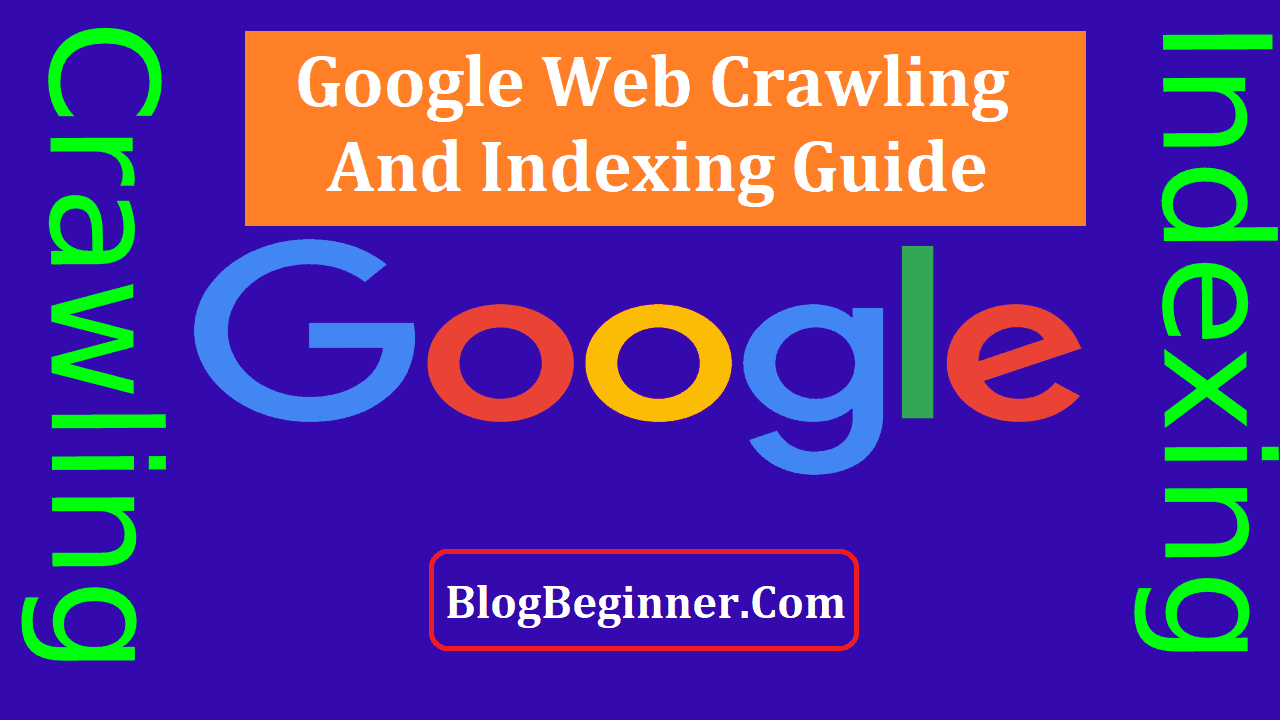
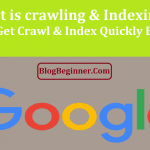

![How To Increase Google Adsense Earning & CPC [Method Inside] How To Increase Google Adsense Earning And CPC](https://www.blogbeginner.com/wp-content/uploads/2019/01/How-To-Increase-Google-Adsense-Earning-And-CPC-150x150.png)
